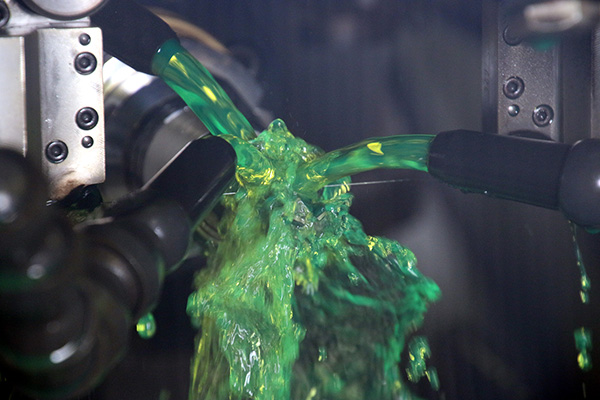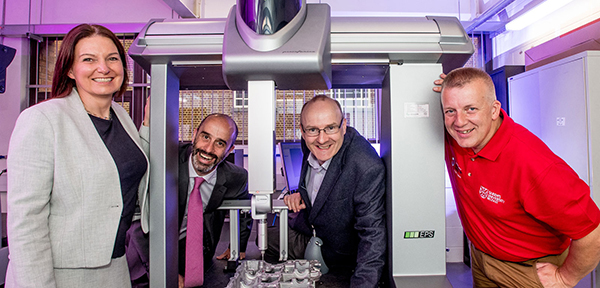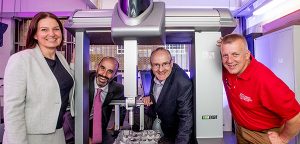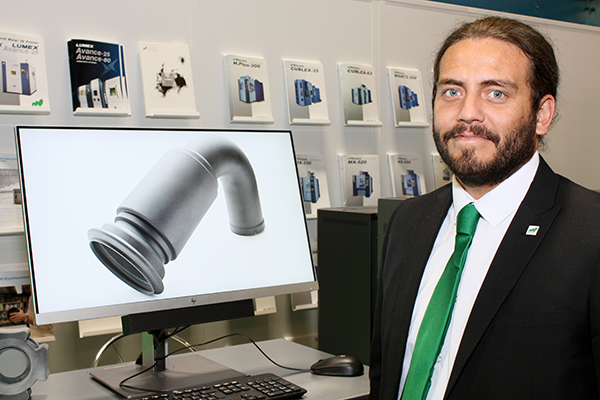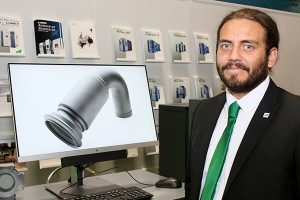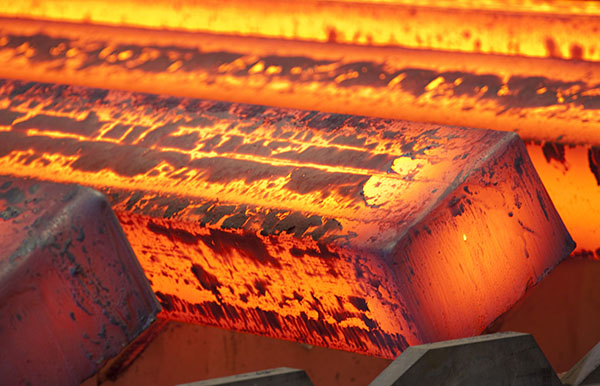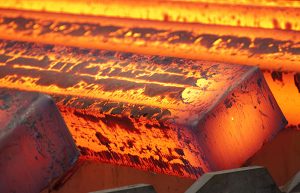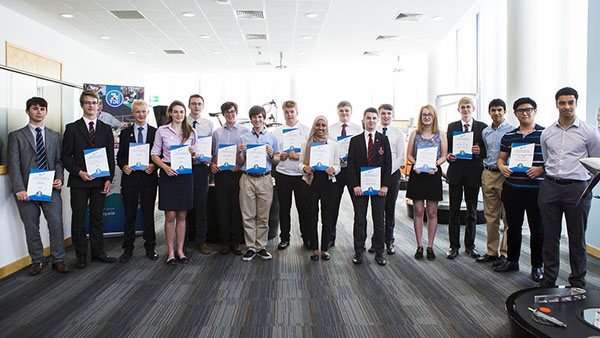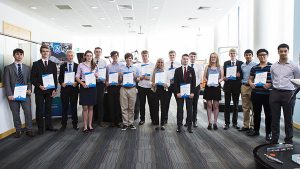Integral to the success of the PCD tooling division at Guhring’s £12m manufacturing facility on Birmingham’s Advanced Manufacturing Hub is the company’s Vollmer QWD750 and QWD750H wire-erosion machines.
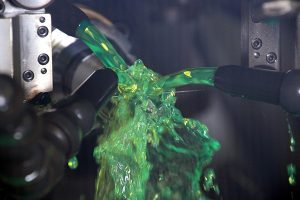
Guhring UK’s national sales manager Dave Hudson says: “The Guhring manufacturing plant runs three shifts for 5½ days a week, while the automation level of the Vollmer machines in the PCD department only requires two shifts per day. This labour saving is credit to the Vollmer machines and our lean manufacturing processes and workflow scheduling.
“For example, our QWD750H has a 12-station tool facility that is robot loaded; this allows us to set up simple, short-run cutters during manned shifts while more time consuming and complex tools run overnight,” he adds. “In parallel, our manually loaded Vollmer QWD750 wire-erosion machine will be loaded with standard PCD tools during manned shifts, with complex five/six-fluted or stepped tools loaded overnight. Some of these special tools may require 18+ hours of wire erosion, permitting long periods of automated lights-out or weekend working.”
It is clear that the Vollmer QWD machines are central to the output, precision and quality of Guhring tools.
“Manufacturers increasingly require multi-function and often multi-stepped cutting tools to reduce processes and cycle times, and improve quality and process stability,” says Hudson. “This is particularly true of OEMs and companies in high-volume environments. To serve these customers, some special tools will have more than 18 to 30 PCD segments that are stepped along the tool shank. The Vollmer QWD machines are extremely precise and will hold a 5 µm tolerance in our temperature-controlled building with no problems. This tight-tolerance capability eliminates tool-grinding processes in many instances.”
For further information www.vollmer-group.com






